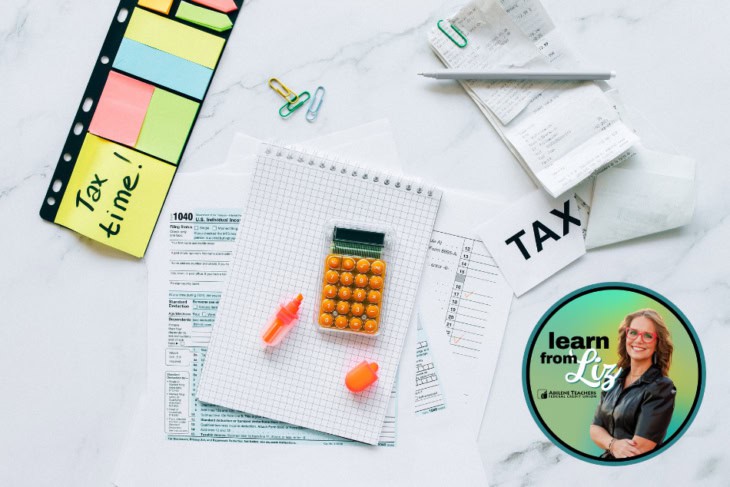Frankly, Taxes Don’t Have to be Taxing: A Beginner’s Guide to Getting Organized

Let’s be honest: nobody loves doing taxes. But they’re a necessary part of adulting, and getting organized is the first step to making the process less painful. Whether you’re a seasoned pro or a first-time filer, this guide will help you gather everything you need for a smooth tax season.
Why Bother with Taxes?
Taxes fund essential services that benefit our communities – think roads, schools, public safety, and social programs. Essentially, they’re an investment in a functioning society.
Your Tax Prep Toolkit: Essential Documents
Think of tax preparation like baking a cake. You need the right ingredients before you start. Here are the key documents you’ll need:
- Income Documents:
- W-2 Forms: These show your earnings from employers. If you have multiple jobs, you’ll receive a W-2 from each one.
- 1099 Forms: These report various types of income, including:
- 1099-INT: Interest earned from bank accounts.
- 1099-DIV: Dividends from investments.
- 1099-MISC: Miscellaneous income, such as freelance work or prize winnings.
- 1099-G: Government payments like unemployment benefits.
- Deduction and Credit Documents:
- Receipts for Charitable Donations: Donating to qualified charities can reduce your tax burden. Keep those receipts!
- Medical Expense Records: Track medical expenses; they may be deductible if they exceed a certain percentage of your income.
- Student Loan Interest Statements: If you have student loans, you might be eligible for a deduction on the interest paid.
- Property Tax Records: Homeowners can often deduct property taxes.
- Personal Information:
- Social Security Number (SSN): Your unique identifier for tax purposes.
- Dependent Information: If you have children or other dependents, you’ll need their SSNs and other relevant details.
Taming the Paper Tiger: Organization Tips
- Dedicated Tax Folder: Designate a specific folder (physical or digital) to store all your tax documents.
- Year-Round Organization: Don’t wait until tax season to get organized! Set up a system to file documents as you receive them.
- Digital Tools: Consider using apps or online services to track expenses and securely store documents.
Don’t be Afraid to Ask for Help!
Taxes can be confusing, especially if you’re new to the game. Don’t hesitate to seek help from a tax professional or utilize free resources like the IRS website (www.irs.gov), a community tax assistance programs, or our Banzai! Financial Education platform.
By gathering and organizing tax documents, you’ll be prepared to tackle your taxes with confidence (and maybe even a little less dread!).


